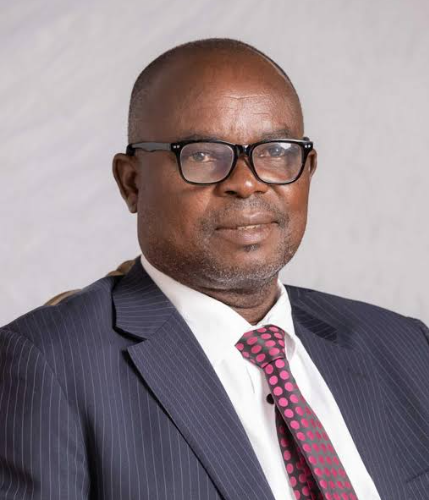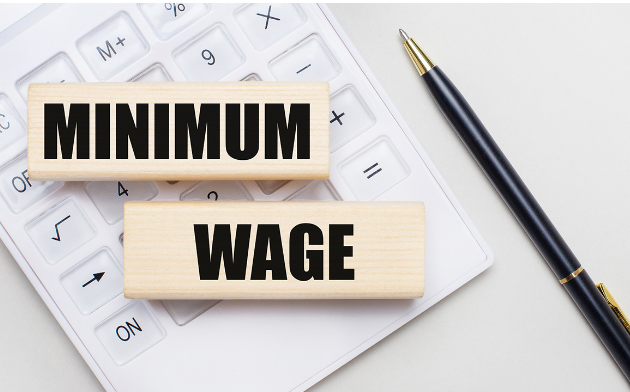By Oladimeji S. Macaulay
AS PRESIDENT BOLA Tinubu nears one year in office, his spokespersons announced there would be no celebration to mark the milestone. Given Nigeria’s current situation, there is little to celebrate.
The economy is regressing, and the challenges Tinubu inherited have only worsened. All regions of Nigeria face security crises: the South East is plagued by unknown gunmen, Biafra separatists, and kidnappings, while the North and the Federal Capital Territory (FCT) struggle with banditry, terrorism, and ethno-religious conflicts in communities like Jos and Kaduna.
Corruption allegations also haunt former governors Bello Yahaya and Nasir El-Rufai, adding to the country’s woes.
Amid these issues, President Tinubu introduced a baffling and undemocratic change: reinstating Nigeria’s old national anthem. On May 29, 2024, Tinubu replaced “Arise, O Compatriots,” the anthem since 1978, with “Nigeria, We Hail Thee,” the nation’s first anthem.
This decision has left many questioning its necessity. Nigerians are more concerned about pressing issues like the new minimum wage, combating hunger, and ensuring security—not about changing the national anthem.
The return to the old anthem is not only deemed absurd but also regressive.
Written by British expatriate Lillian Jean Williams and set to music by Frances Berda, it reflects a colonial mentality inappropriate for a modern Nigeria.
Terms like “native and tribe” used in the old anthem are viewed as derogatory, remnants of colonialist language that should have no place in today’s society.
In 1978, Nigeria wisely adopted “Arise, O Compatriots,” a homegrown anthem composed by five Nigerians and set to music by Benedict Odiase of the Nigeria Police Band.
Debates about whether Nigeria should be referred to as “fatherland” or “motherland” in the anthems are trivial compared to the real issues.
The move to revert to the old anthem is an expensive distraction, orchestrated by Tinubu and the ruling elite. On May 29, President Tinubu, Senate President Godswill Akpabio, and other National Assembly members gathered to sign the bill amending the National Anthem Act, effectively reinstating “Nigeria, We Hail Thee.”
The spectacle of lawmakers struggling to recite the old anthem also highlighted its impracticality.
This controversy has conveniently overshadowed other significant issues, such as the mismanagement of Kogi State funds by Yahaya Bello.
Nigerians now face the absurd situation of choosing which anthem to sing at public events.
Many prominent Nigerians, including those within the ruling party, refuse to endorse the new-old anthem. The process of enacting this change is also legally questionable.
The Association of Legislative Drafting and Advocacy Practitioners has challenged the legality of the new anthem, arguing that due process was not followed.
They claim no public hearing was conducted as required by the 1999 Constitution, and the expenses related to the new anthem are not included in the 2024 budget.
For the past few weeks, Nigerians have debated the anthem change, drawing parallels to the confusion over multiple currency notes.
This costly distraction has succeeded in diverting attention from the government’s failures.
Strongly however, what Nigerians truly need are fundamental improvements: affordable housing, reasonable living wage, healthcare, education, public transport, security, clean water, reliable roads, and consistent electricity.
Anything related to a new national anthem is an expensive sideshow.
Oladimeji S. Macaulay, a human rights activist and social commentator writes in from Abuja.
Opinions expressed by individual columnists are their own and do not necessarily reflect the views of policies of the website’s management.
At JKNewsMedia, our dedication to delivering reliable news and insightful information to our cherished readers remains unwavering. Every day, we strive to provide you with top-notch content that informs and enlightens. By donating to JKNewsMedia, you directly contribute to our mission of delivering quality journalism that empowers and informs. Your support fuels our commitment to bringing you the latest updates and in-depth analysis. Let's continue to uphold the highest standards of journalism and serve our community with integrity and dedication. Thank you for being a part of the JKNewsMedia family and for your ongoing support.





